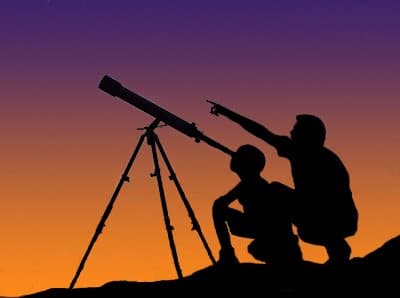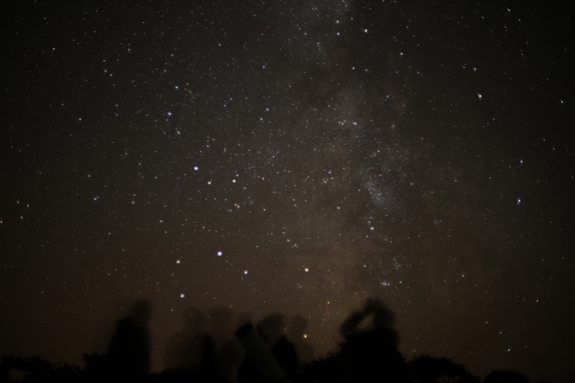Originally posted on Dark Sky Diary by Steve Owens (@darkskydman)
The BBC news website today has a feature on Double Summertime (DST), the proposal to set all UK clocks forward by one hour throughout the year, so that we might all benefit from longer evenings. The argument is that this will boost tourism, reduce road traffic accidents, and give us more time to enjoy outdoor activities in the evening.
The main argument normally put up against Double Summertime is that there will be an increase in road traffic accidents due to darker mornings. This is technically true, although it is more than offset by the reduction in RTAs as a result of the brighter evenings, and therefore overall it’s safer, saving an estimated 80-100 lives per year. (See section 4.6, pp. 49-50 in the report Road Safety Beyond 2010 for the estimates in detail).
The extra hour of daylight each evening could be worth £3.5 billion through increased tourism, as well as creating around 8000 new jobs.
And finally, the reduced use of lights at night might save an estimated 2% of our daily electricity use, or 1.2 million tonnes of carbon.
So what’s not to like?
Well, not everyone would welcome brighter evenings. It is definitely a minority interest when set against the pro-safety, pro-business, pro-environment arguments above, but the UK amateur astronomy community would be more than a little put out by the change, losing an hour of stargazing each night. Of course, that hour won’t be lost, they’ll simply have to stay up later to observe, but the fact is many won’t. Staying up until midnight on a weeknight when you have got work the next day is very different from staying up till 1am. In addition public star parties will have to start later, therefore attracting fewer people throughout the year. Small concerns maybe, but it’s worth recognising that not everyone in the country would welcome brighter evenings.
| City | Annual # of hours of darkness* before midnight under present system |
Annual # of hours of darkness* before midnight under DST |
% decrease |
| Glasgow | 977 | 731 | 25% |
| London | 1110 | 830 | 25% |
* darkness = after the end of astronomical twilight
As you can see from the table above, amateur astronomers around the country would lose 25% of their dark evening observing hours throughout the year. Of course these “missing” hours could be made up by staying up an hour later, but that’s not always practical.
Just at the point where astronomy is starting to dramatically increase in popularity, with a surge in telescope sales due to projects like the International Year of Astronomy 2009 and BBC Stargazing Live, a switch to DST would put a serious dent in that enthusiasm. The table below is similar to the one above except that it shows the number of hours of darkness before 10pm, the time that an enthusiastic newcomer might stay up doing simple observing, or the latest that a public star party might run. As you can see the % decrease is even more dramatic here, with reductions of more than 1/3.
| City | Annual # of hours of darkness* before 10pm under present system |
Annual # of hours of darkness* before 10pm under DST |
% decrease |
| Glasgow | 515 | 328 | 36% |
| London | 584 | 379 | 35% |
I’m not necessarily arguing against DST, given how many lives it could save, how much money it would bring in through tourism (although the change could seriously hamper an area that is developing its astronomy tourism), and how much it would benefit the





